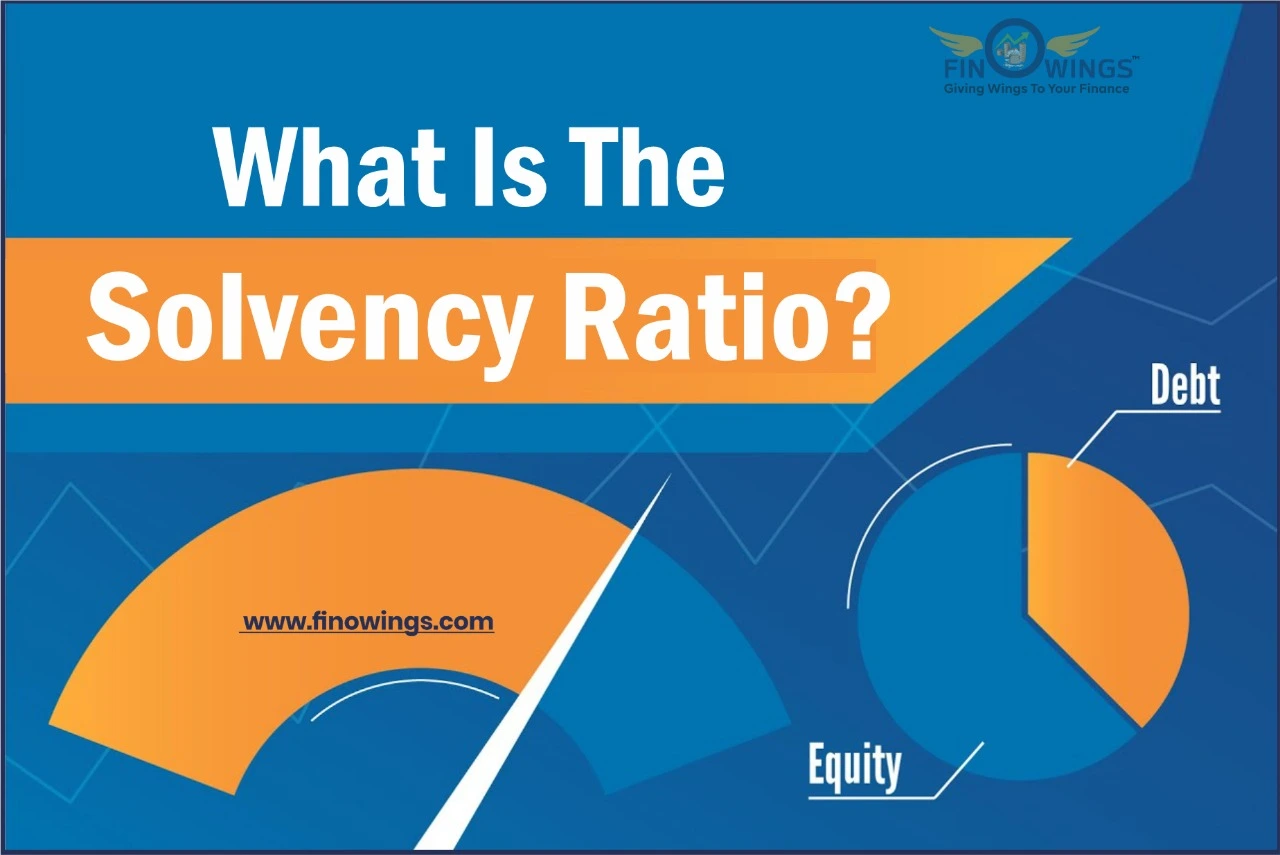The final balance sheet of the company consists of various assets and liabilities, which are further subdivided into multiple categories. The business's assets have some value which provides future economic benefits to the business. Various examples of assets of company assets are stock, machinery, cash, debtors, and Goodwill.
Goodwill is a business's asset purchased by one company from the other. Goodwill is a part of purchase consideration that is higher than the sum of the business's net fair value and liabilities. Several factors contribute to a company's Goodwill. These include the company's large client base, brand recognition, positive staff, customer interactions, and patented technologies. Read the complete article to learn about what Goodwill is, the factors affecting Goodwill, etc.
Broadly, the company's assets are categorized into tangible and intangible. For example, the assets that can be seen, felt, or touched are known as tangible assets. This is because they have a physical existence. Examples of tangible assets include cash, stock, building, etc.
On the other hand, assets that do not have any physical existence are known as intangible assets. Unlike tangible assets, they cannot be seen, felt, or touched. However, they are known to build an image in the eyes of customers and a reputation in the market. Goodwill is also one such intangible asset. Other examples of intangible assets are patents, software, copyright, etc.
In accounting, Goodwill is shown in the balance sheet under the head of long-term assets as an intangible item. It cannot be transferred or sold from the business as a part of the whole. Goodwill contributes largely to the growth of the company. However, sometimes it is hard to calculate the value of Goodwill as it doesn't involve any cash flow.
Goodwill usually arises at the time of the acquisition of a new enterprise. At the time of acquisition, the buyer usually pays the purchase consideration more than the market value of the assets and liabilities of the business. The value that exceeds the company's net assets (assets-liabilities) is known as Goodwill.
As per the Generally Accepted Accounting Principles (GAAP) and International Financial Reporting Standards rules, a company must calculate the amount of Goodwill at least once a year. It is also advised to amortize Goodwill over a certain period of time. This time period is different for every company as per their internal rules. However, the period of amortization for private companies is 10 years.
• Intangible - Goodwill is an intangible asset since it has no physical existence. It cannot be seen, felt, or touched.
• Inseparable - It cannot be separated from the business. It cannot be sold like other separable assets without selling the business as a whole.
• Involves Judgement - There are no fixed criteria to value the Goodwill of a business. It is dependent on the management's judgment and is subjective.
• Fluctuative - The value of Goodwill doesn't remain fixed all the time. Its value keeps on fluctuating based on internal and external factors.
• No Relation with Cost Incurred - The value of Goodwill has no relationship with the cost incurred or invested in the business.
There are two types of Goodwill in a business. These two types of Goodwill are -
1. Purchased Goodwill
2. Inherited Goodwill
Purchased Goodwill
Purchased Goodwill is when the cost of acquiring a business is more than the new fair value of the company's assets and liabilities. Purchased Goodwill is always recorded in the books of accounts and is shown in the company's balance sheet under the head of 'Intangible Assets' of the assets side.
Inherited Goodwill
Inherited Goodwill is the company's naturally generated Goodwill and is the business's value over its net assets. This Goodwill is earned because of the reputation that the business has earned over the period of time. It can either be positive or negative too. Due to its natural nature, inherited Goodwill takes time to be generated, but it provides long-term benefits to the business. Inherited Goodwill is affected by various external factors.
All the factors that affect the firm's profits also affect its Goodwill. The factors that affect the Goodwill of the firm are discussed below -
1. Location of the Business - If the firm is located in the main market area, it tends to attract more customers, which in turn increases the revenue and profits of the firm. As the profit of the firm increases, the Goodwill of the firm increases. On the other side, if the business is situated in an underdeveloped area, not many customers will likely come. Therefore, it will lessen the company's earnings and profits, which will cause the value of Goodwill to decline.
2. Management - The profits and Goodwill of the business is highly dependent on its management. It is the management that supervises the entire team of the business. Therefore, if the management of the business is efficient, it will increase the overall efficiency of the business and earn more profits. Hence, a business with efficient management will have higher Goodwill. But, if the management of the business is not functioning properly, it will ruin the firm's Goodwill.
3. Quality of the Product - Customers are always conscious of the product quality they buy. No customer will purchase the bad quality product again. Therefore, the reputation of the firm depends on its customer base. A firm can create dominance in the market by selling the best quality products and giving value to its customers. But, if the quality of the products doesn't meet the expectations of the consumers, it can reduce its profits and spoil the reputation to a great extent.
4. Technological Advancement - A business requires huge capital investment for technological advancement. Such capital advancement shows the strong financial position of the firm and builds its image in the eyes of the shareholders. Also, such technological advancement reduces the cost of production of goods which increases its profit margin. As a result, it boosts the Goodwill of the business.
There are various circumstances when a business needs to value its Goodwill. Such circumstances are as follows -
1. Change in the profit-Sharing ratio in the partnership firm. Sometimes, a partnership firm has to change its profit-sharing ratio due to changes in the partners' capital contribution. In this case, some partners must surrender their share to the other partners. For this purpose, Goodwill calculates the compensation the partners will pay to the other gaining partners.
2. Admission of a New partner - Admission of a new partner also changes the existing profit-sharing ratio of the partners. The existing partners have to surrender their portion of the share to the incoming partner, and the new partner enjoys the reputation of a well-built firm. In this situation, the firm's Goodwill is calculated to calculate the number of shares the new partnership will bring to the firm.
3. Retirement/Death of a partner - When a partner retires or dies, the existing partnership enjoys his/her share of Goodwill. In this case, the outgoing partner is the sacrificing partner, and the existing partners are the gaining partners. The continuing partners pay the compensation to the retiring partner or the nominee of the deceased partner, as the case may be, in proportion to the value of Goodwill.
4. Amalgamation of the Firm - Amalgamation is the case when two or more firms combine to form a new entity. In this case, all the assets & liabilities of the transferor company are taken over by the transferee company. Goodwill is valued under this case to determine the amount of purchase consideration paid by the transferee company.
Calculating the amount of Goodwill can be a complex task as it involves the judgment of the management of the company. However, it is sometimes necessary to calculate Goodwill for the above reasons. Therefore, the Goodwill of a business is calculated by adding the fair value of assets and liabilities of the acquired business to the fair value of assets and liabilities of the existing business.
The goodwill calculation at the time of acquisition
1. Ascertain the book value of the company's assets, such as current, non-current, intangible, etc.
2. Now calculate the fair value of such assets of the company. Fair value represents the value of assets of the subsidiary company when it is consolidated with the parent company.
3. Now, make the required adjustments in the books of accounts by finding the difference between the market value and fair value of each category of assets.
4. Find the excess purchase price by determining the difference between the purchase consideration paid by the acquired company and the net assets.
5. Finally, calculate Goodwill by deducting net fair value adjustments from the excess purchase price. This calculated value of Goodwill is recorded in the books of accounts of the new company after the acquisition.
The Goodwill of a company is derived from its name and reputation. As a result of its immaterial nature, it is viewed as an intangible asset. Maintaining Goodwill and following suitable accounting procedures to reflect It in their books is crucial for companies. Maintaining Goodwill enables a company to gain the patrons' trust. It is the outcome of the company's previous efforts to increase future revenues. For a business to thrive and establish its dominance in the marketplace, Goodwill is crucial.
You can consult Agrawal Corporate for more informational blogs on accounting, business tips, crypto, etc.







